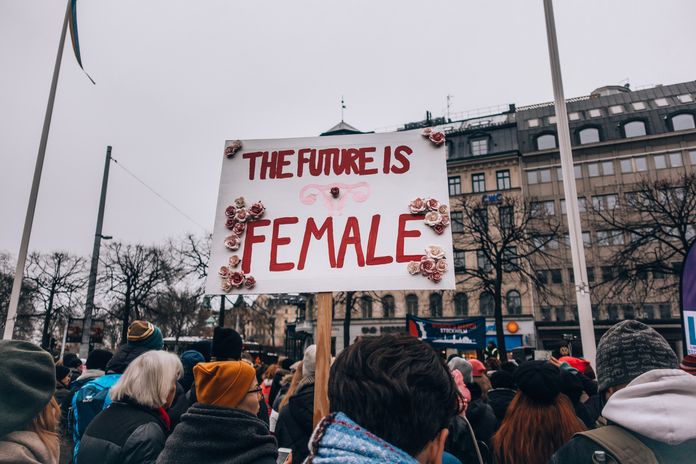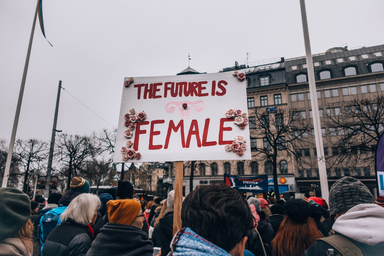The dictionary definition of pro-choice is advocating for legalized abortion. Put simply, it’s making sure every person with the ability to get pregnant has the right to choose whether or not to terminate the pregnancy.
What about the people that had wanted to keep their pregnancy, but had to get an abortion due to being impoverished, homeless, financially unstable, they can’t or won’t have a safe pregnancy, or are not living in a safe environment for a child? They had no choice but to terminate their pregnancy. The pro-choice framework does not support all choices because it is just the right to have an abortion. We need a framework that encompasses supporting those that want to keep their pregnancy and helps provide them with the resources necessary to raise the child.

“Choice” is also very individualistic, it assumes that everyone is under the same political, social, and economic conditions, completely ignoring that some groups have more social power. We need to talk about the reproductive oppression of women of color, immigrant women, low-income women, and women with disabilities; they are more likely to be coerced into longer-lasting birth control implants and even sterilization. Since the implementation of the Hyde Amendment in 1976, abortions are not allowed to be paid for by federal funds, so abortions do not qualify for Medicaid funding. Poor people don’t have equal access to abortions, so they can’t freely choose. These issues need systemic changes, which are not possible under just pro-choice.

The framing that would encompass all of these issues is called reproductive justice, and it was coined by a group of black women activists in 1994 to broaden reproductive health and rights into a social justice frame. Reproductive justice involves supporting individuals in their decisions revolving pregnancy: either to terminate a pregnancy or keep the child. In their choice to keep the child, reproductive justice involves allowing pregnant individuals access to resources that are necessary to parent the child in a healthy and safe environment. The resources I’m referring to can include affordable housing, health insurance, education, and jobs that pay enough to sustain the family, etc. Other elements are providing individuals with education and access to the ways they can manage their fertility and/or reproduction options, such as contraceptives, adoption, abortion, motherhood, IVF, etc., and acknowledging that there is reproductive stratification and advocating for that to change.
Reproductive rights are so much more than just abortion; abortion rights are a fight just as important as any, especially in today’s time, but we absolutely can not stop there. We need every choice to be protected because, whatever the choice may be, people deserve to be supported in it.



